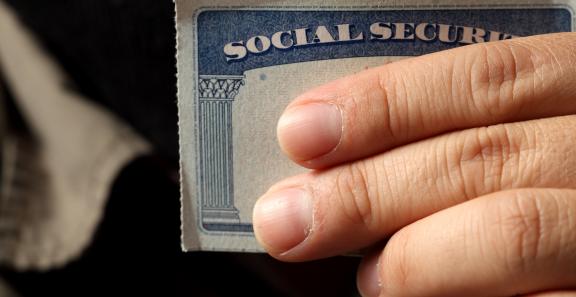Social Security Number Basics

Posted: July 15 2019
A Social Security number (SSN) is a nine digit identification number that has become a universal identifier for both the government and the private sector in the U.S.
A Brief History
1936
Social Security Numbers Created
SSNs were created to keep track of U.S. workers’ wages and determine Social Security eligibility and benefits.
1974
Congress passed the Privacy Act of 1974
The Privacy Act of 1974 requires all government agencies that request SSNs to disclose
- whether a person is required to provide one or if it is optional
- the authority under which it is being requested
- how it will be used
Government Uses
The federal government uses the SSN as a unique identifier for many purposes including
- employment
- taxation
- benefits such as
- student financial assistance
- housing assistance
- supplemental nutrition assistance program benefits
- Medicare/Medicaid
- law enforcement
State and local government agencies (i.e. tax authorities, welfare offices, Departments of Motor Vehicles) also use SSNs for many purposes including
- applying for public assistance
- issuing a birth certificate
- determining juror eligibility
- collecting child support
- identifying death records
Business Uses
SSNs are often used in the private sector to authenticate the identity of individuals in financial or other transactions.
There are some situations where businesses must collect SSNs. Federal law requires private businesses to collect them when there is a transaction involving Internal Revenue Service notification or subject to federal Customer Identification Program rules. Insurers of group health plans must also report subscribers and covered dependents’ SSNs to the Centers for Medicare and Medicaid Services since the information is used to coordinate Medicare payments with other insurance benefits.